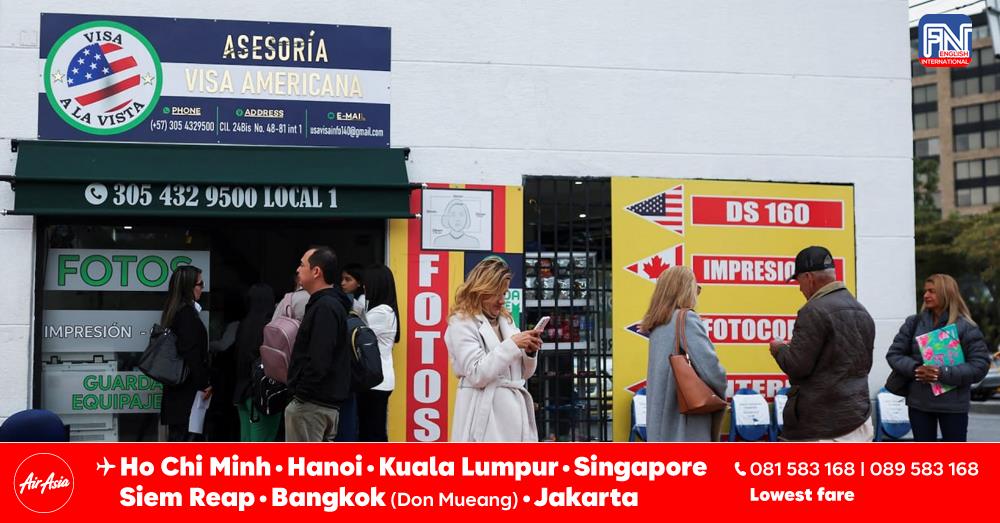BOGOTA/WASHINGTON, Jan 27 (Reuters) - Colombia's President Gustavo Petro averted an economic disaster at the 11th hour after diplomats from his government and the U.S. reached a deal on deportation flights, but the Colombian business community on Monday called for cooler heads to prevail as Colombians bemoaned canceled U.S. visa appointments.
U.S. President Donald Trump had threatened tariffs and sanctions to punish Colombia for refusing to accept military flights carrying deportees, part of his sweeping immigration crackdown.
But in a statement late on Sunday, the White House said Colombia had agreed to accept the migrants after all and Washington would not impose the penalties. Colombia's Foreign Minister Luis Gilberto Murillo said separately the country's presidential plane was ready to carry deportees.
Colombia's ambassador to the U.S., Daniel Garcia-Pena, a long-time diplomat and former peace commissioner, was key to the late-night resolution of the dispute, a Colombian foreign office source said, after "very tense" discussions.
Garcia-Pena sought to paint the late-night reversal as a victory for Colombia.
"There was a win-win here. The United States withdrew the threat of tariffs and Colombia was able to get the United States to accept that the treatment given to our citizens should be dignified," Garcia-Pena told local television channel Caracol.
Asked if Trump had used Petro as an example to other countries, a White House source with knowledge of the matter said "absolutely. Yes. Countries have an obligation to accept repatriation flights."
"The United States is simply sending back the criminals that Colombia sent to the United States," the source added.
Petro's condemnation of the use of military planes, saying deportees were being treated like criminals and that his administration is "the opposite of the Nazis", seemed to rile Trump more than similar spats with Mexico and Brazil.
The showdown between Petro and Trump, who has been in office a week, played out through verbose posts on social media, with Petro on X and Trump on the Truth Social platform.
The measures announced by Trump, including a 25% tariff on all Colombian goods that was set to rise to 50% in a week and emergency treasury, banking and financial sanctions, would have had an "immense impact" on the Colombian economy, said Bruce Mac Master, president of business association ANDI.
"It was very worrying how the president (Petro) approached the problem because he was not conscious about all the consequences that it would have for the country," Mac Master told Reuters.
"It's as if Colombia had raised its hand and said 'I want to be part of the fight, please include me.' Well, they included us and we learned how we could potentially lose a lot," Mac Master said, adding that leaders in Brazil and Mexico had handled the issue better.
The Colombian foreign ministry said later on Monday that an air force plane was departing for San Diego, California, to bring home 110 Colombian deportees. A second similar flight would depart in the coming days, it added.

Photo from Reuters




